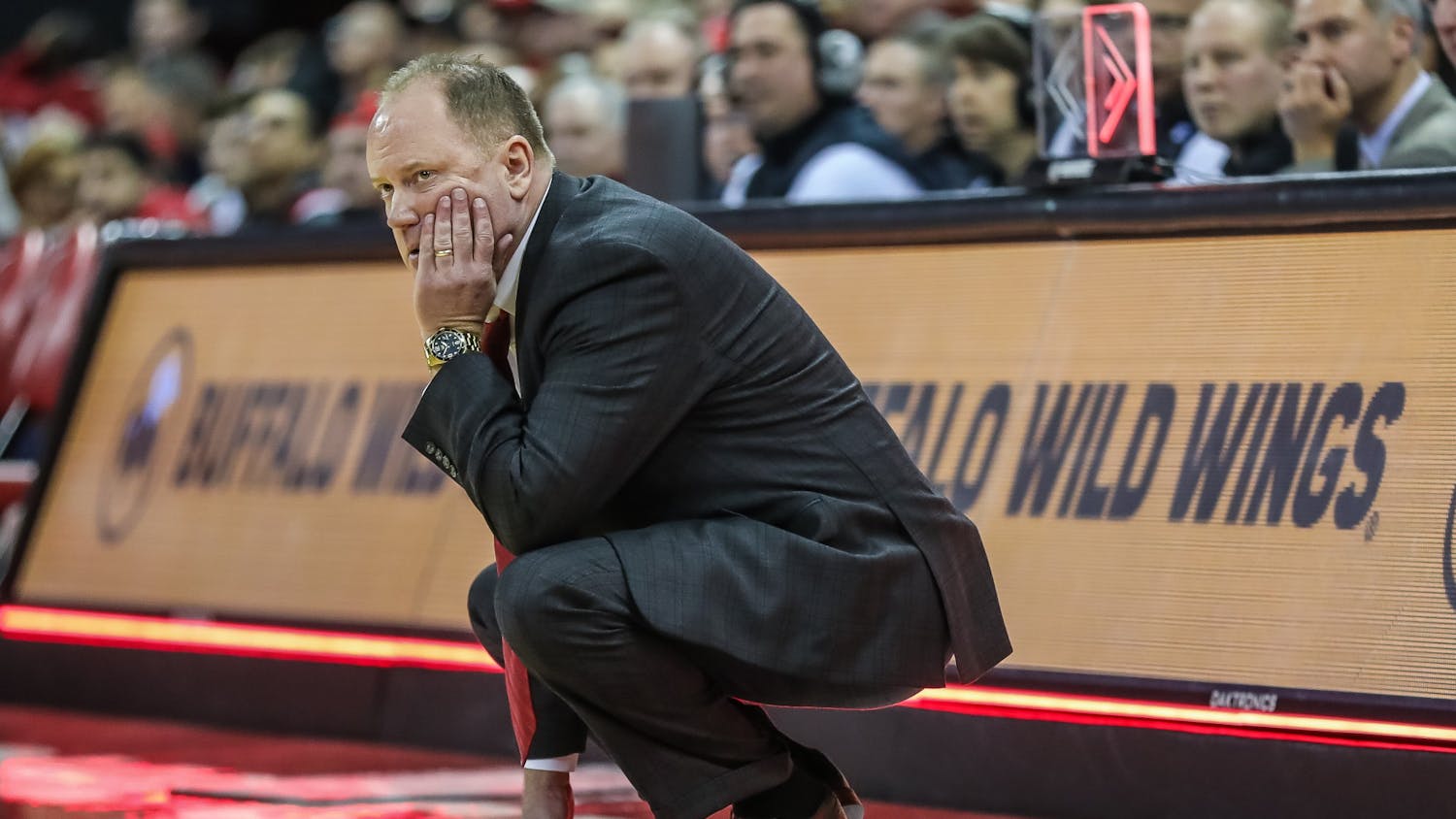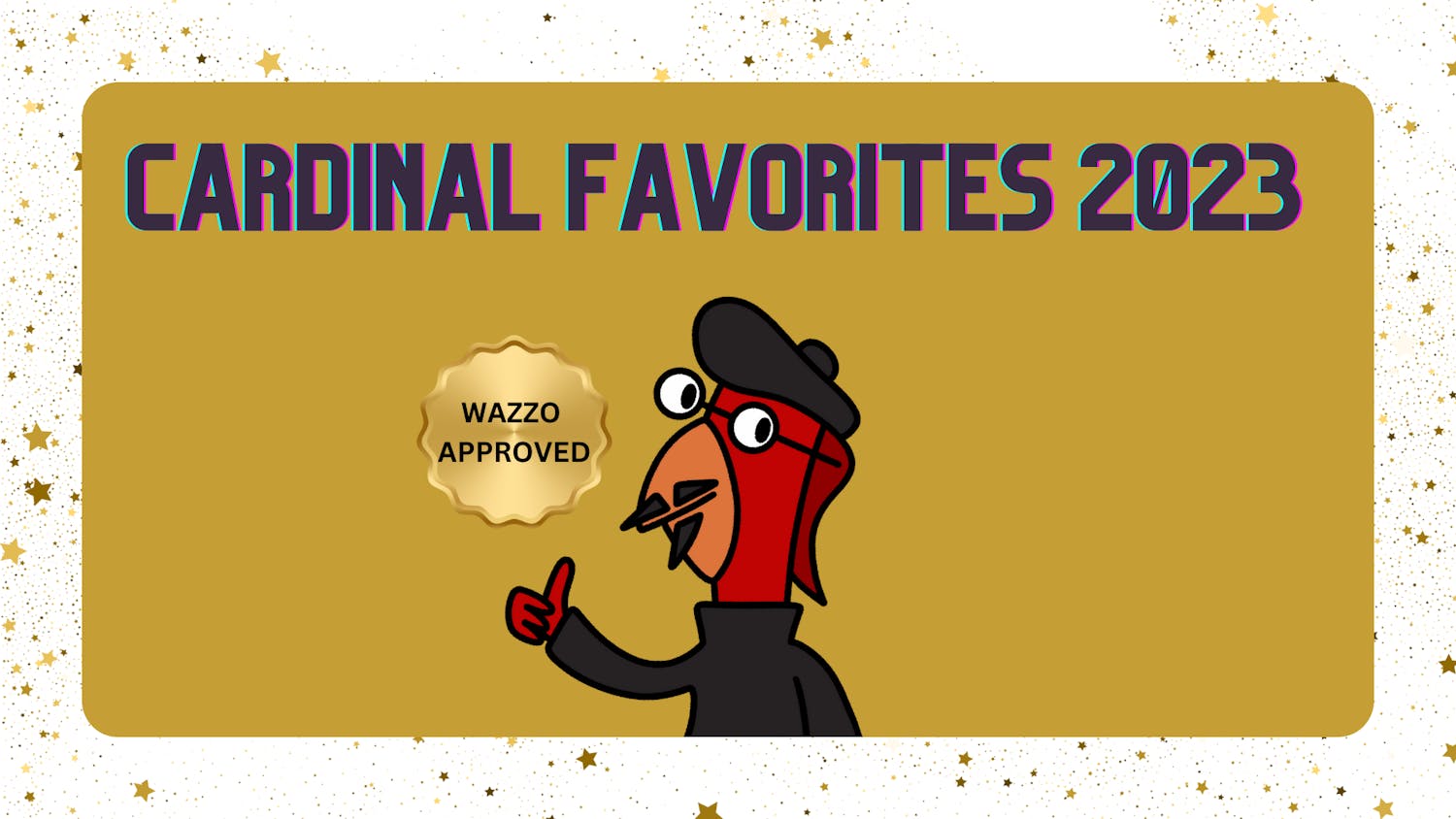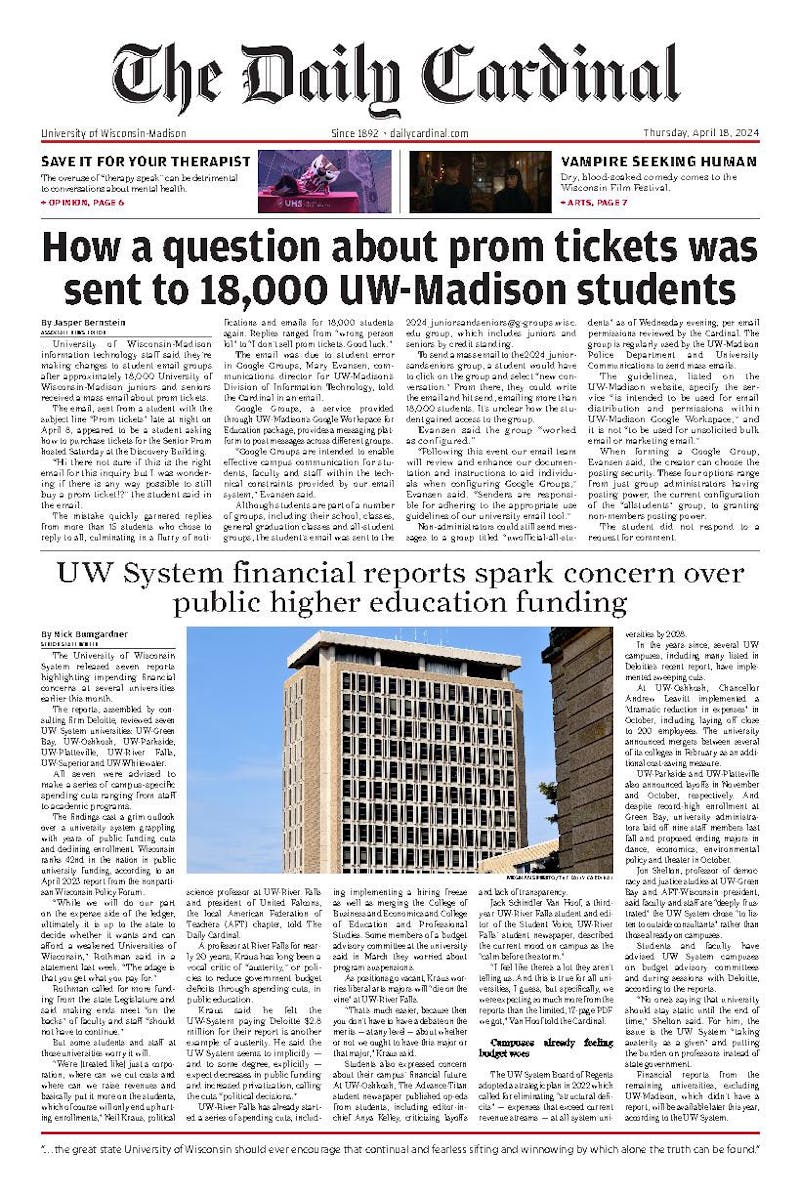Sustainability is one of the key elements of any television show. For comedies, it may be the most important element. Once a show stops being funny, it’s (normally) cancelled. Of course, the longer a show runs, the less likely it is to be cancelled regardless of quality (looking at you, “Family Guy”). And, obviously, the longer a comedy runs, the harder it is to come up with new, unique situations and the easier it is to fall back on what worked before. Rarely do you find a show that does not stagnate—even “Seinfeld” was not as good at the end. Yet, “It’s Always Sunny In Philadelphia”—which borrows a lot from “Seinfeld”—is atop the short list of shows you still have to watch.
“It’s Always Sunny” is now 10 years old; the 10th season starts in January and the ninth just came out on Netflix. As I do every year, I voraciously watched the new(est) season. However, after one of the show’s weakest premieres, I asked myself the dreaded question: Is this show still good? Turns out, it is. After said lackluster premiere, Season Nine turns itself around remarkably quick. It’s just as funny as previous seasons and I watched it all in two days.
Watching the new season, I found myself struck by this phenomenon. Shows like “It’s Always Sunny” are never this good for this long. The only other example of this that I can think of is “South Park,” and when your show is favorably compared to “South Park,” you’re normally doing something right. The writing and settings are still fresh, and the tone is still just right.
However, what really continues to set “It’s Always Sunny In Philadelphia” apart is the characters. Dennis, Mac, Sweet Dee, Charlie and Frank continue to sink to new lows (new highs?). Every new escapade takes them to a place I never expected them to be. And, much like the characters of “Seinfeld,” they never really seem to learn everything. Actually, the best part is that they never learn anything. Most shows rely on character development to advance, and that’s not a bad trait. Character development is interesting; it’s nice to see characters grow and change before our eyes. “It’s Always Sunny” subscribes to the opposite axiom. These characters never develop, and they never, ever will. If anything, they’ve anti-developed and become worse than we as viewers ever thought they were. Only Charlie has any redeeming qualities, but they surface so infrequently and are so overshadowed that they barely seem to exist at all.
In fact, they seem to revel in their reptilian views and inadequacies—the happier they are, the worse their characters get. Yet, as despicable as they are, we love them all. Each one is an essential cog in the show’s machine, and it seems to run hotter every year. To compare with other FXX programs, “It’s Always Sunny” devolves in ridicule and idiosyncrasy to highlight the stupidity of sitcom culture and further the plot, where “The League” does the same thing as a crutch for inconsistent writing and a lack of ideas. Again, this is where sustainability comes in. Most shows couldn’t do this forever, and “It’s Always Sunny In Philadelphia” may someday decline. But then again, maybe it won’t.
Like “It’s Always Sunny” as much as Jake does? Let him know at smasal@wisc.edu.





